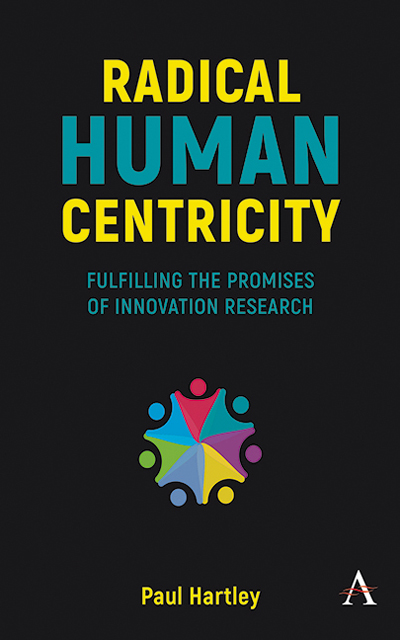Part III - The RHC Approach
Published online by Cambridge University Press: 22 November 2022
Summary
Researching in a radically human-centric way requires a focus beyond mere process. Sadly, commercial research practitioners—particularly in innovation and design—are enthralled by process and the promises made in their name. One of my biggest critiques of how so-called human-centric research is employed in design thinking is the tendency to over-emphasize process overthinking. True, this is a bad habit in business thinking to begin with. But as I have described several times, adherents to the tenets of design thinking and market researchers tend to believe process guarantees success. This is certainly how design thinking is sold to customers and to potential practitioners. However, process does not provide anything other than structure. Process simply provides a framework for all of the small actions needed to succeed. Plodding through the steps will not give you good results. Only good observation and analysis provide solid insights. So, accept no substitutes.
My hope is that many people will begin to use the alterations to commercial research practice captured in my concept of Radical Human Centricity. Since it is essential to have some sort of outline of practice showing how these alterations work in a real-world setting, I will present one. The purpose of this section of the book is to help everyone collaborate, coordinate, and commit to the rigors of a radical human-centric approach. However, I cannot emphasize this enough: the process is only a way to organize the order of operations. Without the right people, skills, knowledge, and analytical procedures, the process is nothing.
With this in mind, this chapter is a detailed description of the actions central to a radical human-centric research program paired with an outline of the kinds of people you will need to involve, the skills you will need to have, and the things you must do at each step in order to ensure you fulfill the promises you make to yourselves and your audience. It is a set of alterations to existing commercial research patterns and to the design thinking approach itself.
Feel free to read this section all the way through. But this section is also divided into a number of sub-sections and key topics and can serve as a reference manual of sorts.
- Type
- Chapter
- Information
- Radical Human CentricityFulfilling the Promises of Innovation Research, pp. 155 - 156Publisher: Anthem PressPrint publication year: 2022



